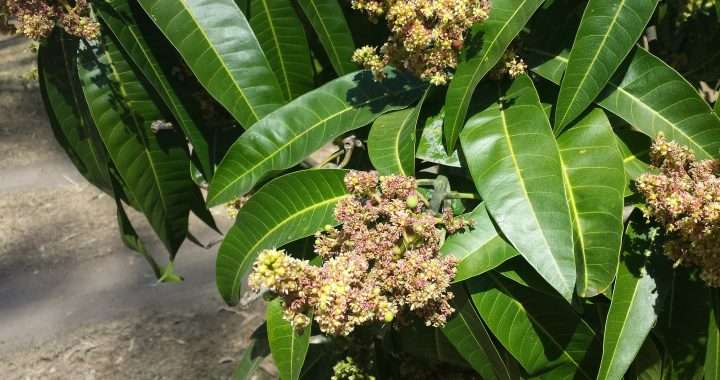
Four fold nature of the organic garden and urban farm
Author : My Food Garden
Four fold nature is a very helpful conceptual framework for looking at the make up of your organic garden or urban farm and how to optimise its quality.
Being conscious of the integrated system forming the four main components of a successful organic garden or farm (its four fold nature) creates an essential platform for progressively improving the individual character of your space, the individuality of the farm or garden.
1 Mineral kingdom
Soil – This is the physical body of the garden or farm, representing its foundations. It is the existing make up of the soil and what sits below it. For a farm this is critically important, as farmers will generally not import soil, they will transform what they have rather than starting from scratch. For an urban garden, soil can be completely imported but it must be transformed.
Think of a balcony food garden. The concrete balcony and the container are from the mineral kingdom, albeit, processed, and the soil has also been processed. Whereas with a backyard garden in the dirt, its likely to have native components but will have been disturbed by human activity. On a farm, its possible the soil will have already been affected by human activity, or perhaps it is virgin soil if you are extremely lucky.
Water – The water supply can also be considered as part of the mineral kingdom. With a farm, it will be what nature provides via surface and underground water, but help with man-made water sources such as dams, can be a part. Drainage is a consequence of the land contour, but again this can be maximised with human ingenuity. For the urban gardener, connecting to town water is certainly an easy option, but it can be costly and affected by chemicals. Tank water is commonly used, supported by effective drainage.
2 Plant kingdom
This is the vegetative cover of the soil and can be sculpted by the activities of the farmer or gardener. Diversity of life is essential and its a fine art between maintaining soil fertility, building up crop rotations, integrating companions, flowering and medicinal plants, having feed for animals, a healthy and productive orchard and habitats for native wild life. Whether the food grower seeks a commercial return from this activity or not, the aim will still be optimum food quality and productivity, whilst improving soil, a worthy challenge for any organic food grower.
3 Animal kingdom
This includes large and small animals, as well as insects. The space you have determines the number and size of animals. Deciding on the balance of animals is the tricky part and will come with experience. The animals that are commonly managed are: cattle, sheep, goats, pigs, chickens and bees. There will be native animals and insects that to a large extent you cannot control, but interestingly, if you focus on the balance of life, no matter what size space you have, then it is much more likely that imbalances (resulting in native animals taking over your crops) will not occur.
In a small garden, you could encourage native birds into the garden, bees and beneficial insects, in addition to improving border areas to support healthy habitats for native animals. I find that applying biodynamic preparations around our block works very well at keeping the whole place vibrant rather than the vegetable patch and orchard being the only place to go for animals.
4 Human being kingdom
With the three kingdoms above, the farmer or gardener is the centre point of the farm or garden organism. His or her thinking, feeling and willing determines how the parts fit together and are sustained in a healthy way. Can nature do the organising without our help? Nature will not create a vegetable garden with a diversity of non-native crops and then keep soil fertile on a sustainable basis with those crops. Only a human being can design and manage this. We are, in a sense, the ego of the farm or garden. Recognising this responsibility is a key awakening in your pathway to successful food growing.
In conclusion
Having worked with organic gardening now for 40 years and used biodynamic methods over the last 20 years, I have certainly found that biodynamics provides a very practical and fascinating framework to make the most out of the four fold structure raised above, whilst providing a deeper understanding of what sits behind the nature and quality of life in the garden or farm.
In biodynamics, that deeper picture of four fold nature also includes: formative forces aiding quality of physical substance and can be optimised by timing of your activities around planetary positions. These non physical forces are grouped into the four elements of earth (root), water (leaf), air (flower and fire (fruit).
I do feel that as one digs deeper into the questions of life and how to manage it, whether you choose to grow food or not, the pathway is one of raising your consciousness, of doing your own inner gardening. Your green thumb is not all about the physical aspects of gardening!
Come along to one of our Workshops or talk to us about our Coaching service. You will get plenty of opportunity to internalise the four fold nature of things through our conversations and practical activities.
Authored by Peter Kearney

